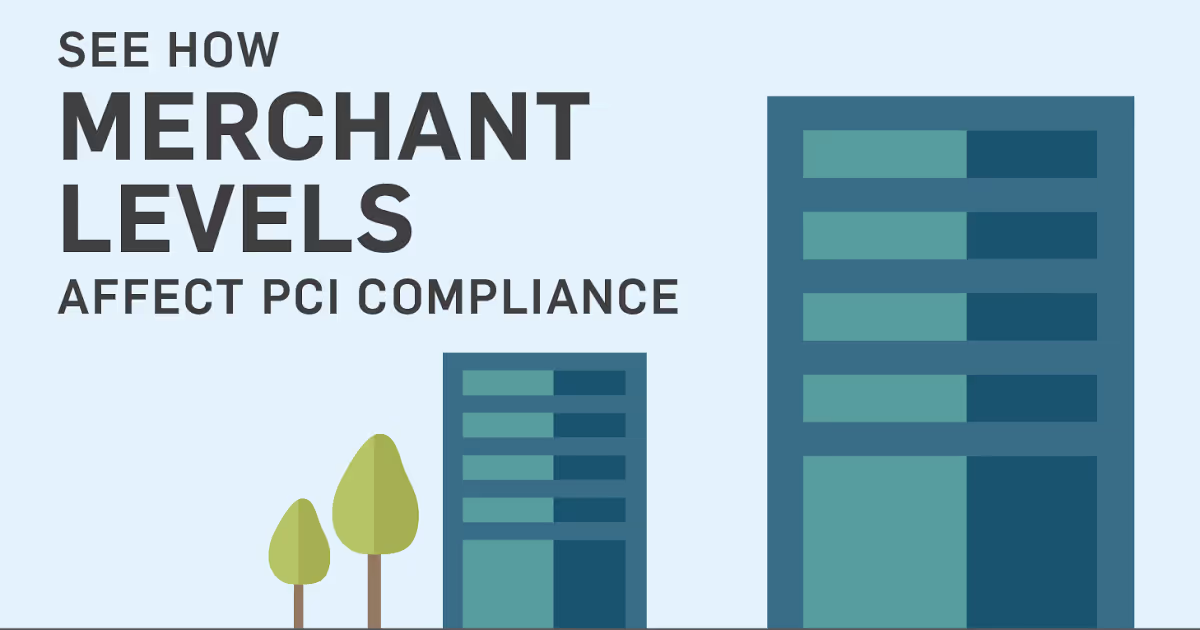How do PCI Merchant Levels Determine PCI Compliance?
Learn more about PCI merchant levels and how they affect PCI requirements.

Learn more about PCI merchant levels and how they affect PCI requirements.

Did you know that merchants have different PCI requirements depending on their level? Did you know there are different levels of merchants? The number and type of requirements will vary based on the number of transactions processed annually, which determines your merchant level.
For the sake of clarity, we’ll start off by defining a merchant. In terms of the PCI DSS, a merchant is defined as any entity that accepts payment cards bearing the logos of any of the five members of PCI SSC (American Express, Discover, JCB, MasterCard or Visa) as payment for goods and/or services. Basically, if your business takes these types of cards as payment, you’re defined as a merchant.
Keep in mind that a merchant that accepts cards as payment for goods and/or services can also be a service provider, if the services sold result in storing, processing, or transmitting cardholder data on behalf of other merchants.
See also: What are Service Provider Levels and How Do They Affect PCI Compliance?
Merchants have 4 levels, depending on how many transactions they do annually. Here’s what the PCI DSS requires from each level. (Note that the number of transactions are based off of Visa’s parameters.)
See also: 5 Simple Ways to Get PCI Compliant
See also: 5 PCI Compliance Tips for Enterprise Organizations
Key PCI Requirements:
See also: SecurityMetrics PCI Guide
Key PCI Requirements:
These are your smaller businesses that may only have a few POS machines, or don’t handle a lot of card data.
Key PCI Requirements:
See also: 7 PCI Compliance Tips for Small Businesses
If you’re a merchant, make sure you know what level you are since each level may have some different requirements from PCI. As you can see, Level 3 and 4 merchants have fewer requirements than level 1 and 2 merchants.
Here a few tips to help you get PCI compliant:
See also: The Importance of the PCI DSS: Why You Should Get Compliant
Want more information about your own PCI requirements? Read the SecurityMetrics Guide to PCI DSS Compliance!